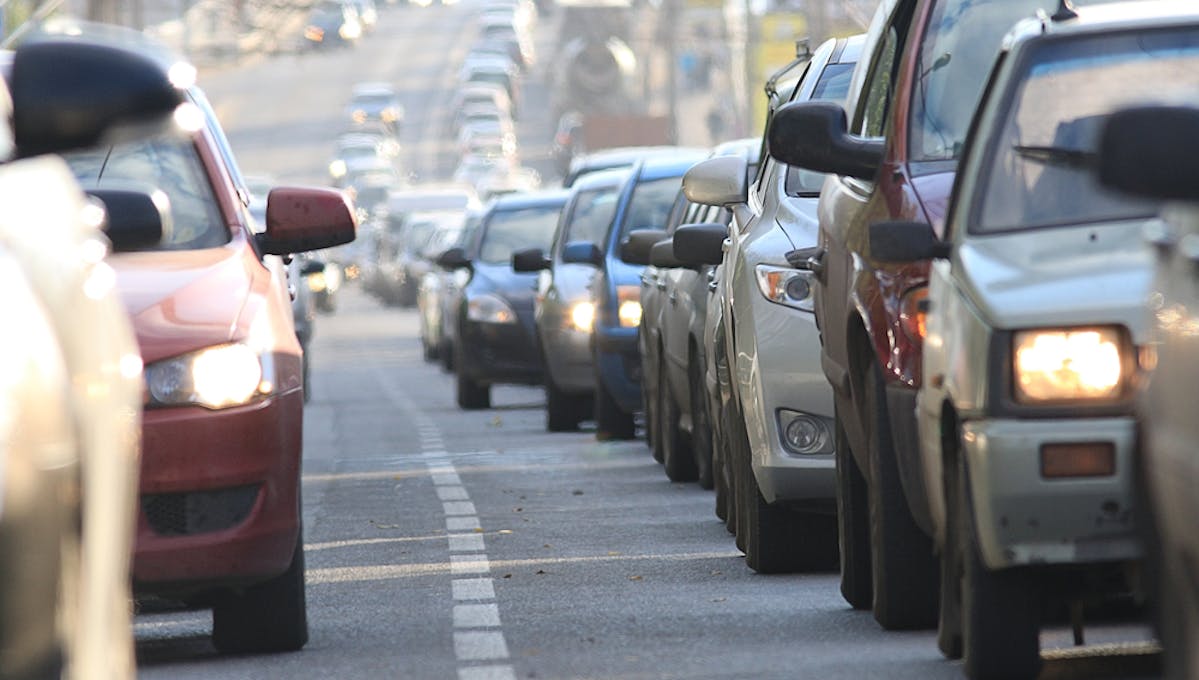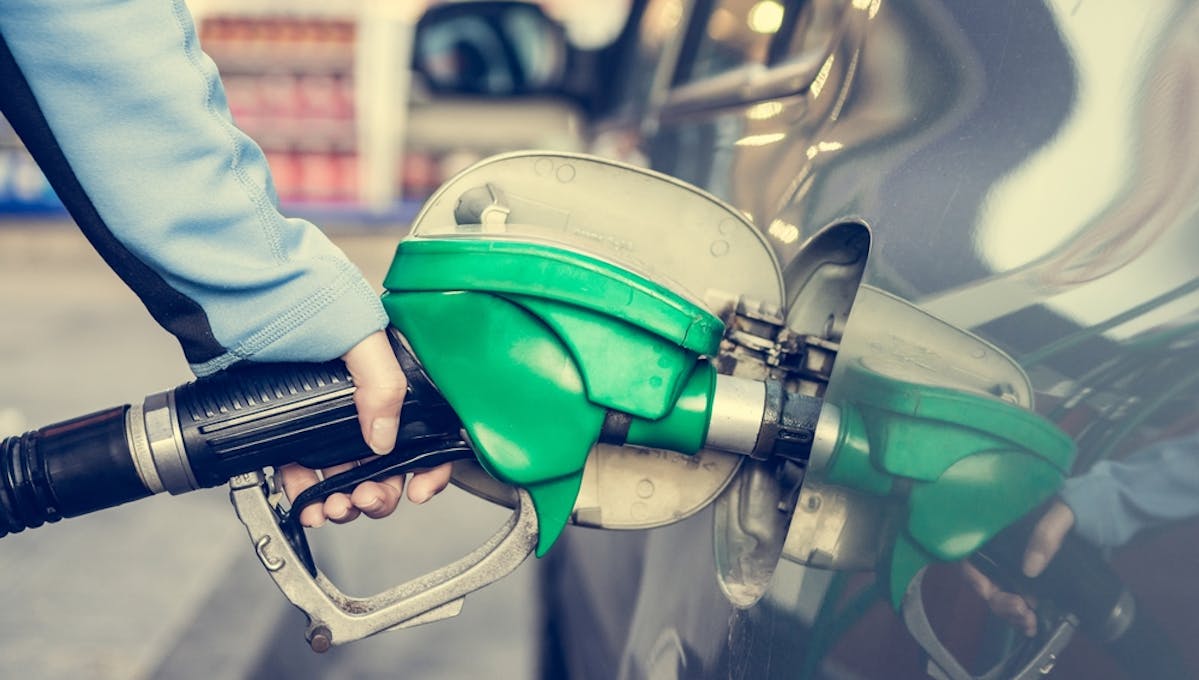Should I Buy A Diesel Car in 2022?
What's Covered
- Introduction
- When will diesel cars be banned in the UK?
- Reasons to buy a diesel car
- Reasons not to buy a diesel car
- The impact of diesel cars on the environment
- Purchase costs of diesel cars vs other fuel types
- Cost of refueling diesel vs petrol vs charging
- Other charges to consider
- Should I trade in my current diesel car and switch fuel types?
- Conclusion
It seems not long ago that diesel was a firm favourite when it came to fuel type. Lower fuel consumption, decreased car running costs and supposedly lower emissions made diesel seem like the dream.
But following the 2015 revelation that Volkswagen were cheating emissions tests, it quickly became clear that diesel wasn’t as clean as imagined. Sales quickly plummeted, and it’s fair to say they haven't recovered.
So what future does diesel face? And is it worth buying a diesel car in 2022?
We run through all the questions you’re likely to have if you’re considering a diesel car.
Already know you don't want an ICE vehicle? Why not check out some of the best electric cars, or compare the best electric car lease deals.
When will diesel cars be banned in the UK?
If you’re worried about suddenly being unable to drive your diesel car, don’t panic yet.
Diesel isn’t going to be banned overnight, and in most cases, will be phased out with decreased manufacturing and sale of diesel cars.
Many cities are putting Ultra Low Emission Zones (ULEZ) in place, further placing pressure on drivers that don’t have a low emission car as they’ll have to pay charges.
Most countries have a plan in place to entirely ban internal combustion engines (ICE), however this is likely to begin with the ban of ICE vehicle sales. In the UK, the Government plans to ban all sales of fully ICE vehicles from 2030, with plug-in hybrids following suit in 2035.
Reasons to buy a diesel car
When you’re in the market for a new car, fuel can make a huge difference to “What car should I buy?”.
If you’re considering diesel, you’re probably in a bit of a pickle. Is it really worth buying a diesel car if they have higher emissions? Should I still buy one if they’re going off the market? Is the fuel efficiency that much greater? Is diesel or petrol better?
It can be confusing, so we rounded up the main advantages to a diesel car to help you decide:
- Diesels are without a doubt the best for long distance mileage. You’ll get up to 30% better fuel economy if you're often commuting greater miles, or doing a lot of motorway driving.
- Diesel cars usually need to be repaired less often than petrol cars as they’re built to handle greater distances.
- They have a more powerful engine, which is ideal if you need to tow caravans, trailers or cars.
- In spite of the diesel decline, diesel cars still hold their value better.
- It’s cheaper to buy a diesel car than a fully electric or hybrid model.
- You can find a garage almost anywhere to fill up your tank, whilst you’ll still struggle to find charging points for EVs in some areas.

Reasons not to buy a diesel car
Unfortunately, there are some downsides to buying diesel. We’ll go in more depth on the following points later, but in summary, if you’re swaying between going for a diesel model, here’s what you need to consider:
- Although diesel was once the cheapest fuel, it now typically costs at least the same (if not more) than petrol. If you’re using your car for domestic purposes only and short trips, you’ll be better off with a petrol or electric vehicle.
- Diesel cars are usually more expensive to buy than models with a petrol engine.
- Though repairs and servicing is often required less often, it can work out more expensive.
- Diesel cars produce more Nitrogen Dioxide (NO2) than petrol. Exposure to higher concentrations of NO2 can aggravate respiratory conditions, and when NO2 interacts with water and oxygen it can form acid rain. This has a negative environmental impact, harming ecosystems like lakes, forests, and rivers.
A diesel car still has many advantages for many drivers. Whether it’s right for you really depends on your driving habits, and what you’re planning to use your car for.
But an electric vehicle really comes out on top compared to both petrol and diesel engines. There are various electric car pros and cons, but with the low electric car running costs and minimal car maintenance costs, it could be a worthwhile investment.
The impact of diesel cars on the environment
If you’re trying to do your best for your environment with your car choice, all the conflicting information might have left you feeling lost.
In 2018, the Society of Motor Manufacturers and Traders even published a report that claimed inconsistent Government messages had led to a drastic fall in sales.
Although the debate on “Are electric cars better for the environment?” seems decided, petrol isn’t necessarily the next best alternative.
Despite facing a bad rep, the Department for Transport stated in its ‘New Car Fuel Consumption & Emission Figures’ Report, that where electric cars aren’t a viable option, the best choice depends on circumstance. Where cars are regularly driving long distances or carrying heavy loads, diesel is the most suitable as it’s the most fuel efficient.
Though it’s still damaging compared to electric counterparts, when an EV isn’t possible, you can choose a more environmentally friendly option based on your circumstances. If you live in an area where air quality is seriously hindered, petrol is likely a better fit. For driving heavily on motorways, a Hybrid or diesel engine will use less fuel.

Purchase costs of diesel cars vs other fuel types
Recently manufacturers have placed increasing importance on diesel cars producing lower emissions. Though a necessary step to keep diesel a viable option for drivers, this unfortunately comes at a cost.
The price to repair and replace diesel parts is often more expensive than for a petrol car, and this is considered in the final cost. As a result, diesel models are often around £1000 more to buy than petrol equivalents.
If you’re considering an electric car as an alternative, it’s worth noting that the cost to buy an electric car can be significantly higher. Fortunately, the Government has picked up on this and began offering Government grants for electric cars.
The Workplace Charging Scheme (WCS) is just one of many that offers a voucher-based programme for businesses and charities to reduce the cost of installing EV charging points.
Cost of re-fueling diesel vs petrol vs charging
On top of the environment and potential ban, you probably want to consider the cost of fuel when looking at a diesel car.
The current fuel prices (August 2021) currently stand at 135.36p per litre for petrol, while diesel costs 136.69p per litre. However, as diesel gets a higher mpg, you’ll be better off choosing diesel if you do a higher number of miles. If you’re only using your car minimally, you won’t get the benefit of this, and the lower petrol cost will be a better fit.
But what about the cost to charge an electric car?
If you’re able to charge your electric car at home, the cost will depend on your supplier’s standard electricity rate. In 2020, this was around 17p/kWh.
Taking one of the cheapest electric cars, the Fiat 500e, we have a battery capacity of 42kWh and a range of around 155 miles. The charging costs would then be 42kWh x 0.17 = £7.14. This works out at around 4.6p per mile.
Though you’ll have to consider how long it takes to charge an electric car, and how often you have to charge an electric car, the cost and environmental saving are likely to be worth it.

Other charges to consider
As the government introduced Clean Air Zones in 2020, ICE cars now face charges if they enter an area in which they fail to meet the necessary environmental standards.
Aimed to address air quality and target the sources of pollution, it’s likely that many city-goers will have to switch to a lower emission vehicle.
Diesel cars with greater CO2 emissions also face increased BIK rates on a company car. If the cost of company car tax is a concern, the company car tax on electric cars is just 2% for 2022/23.
Should I trade in my current diesel car and switch fuel types?
The value of diesel cars is slightly faltering, and it seems set to continue in this direction given Government restrictions on emissions. However, they’re not suddenly worthless.
Diesel cars still hold their value slightly better than petrol alternatives, and offer greater MPG. If you use your diesel car for lengthy journeys and have no issues, it’s likely to be better value for money on running costs compared to petrol.
However, if “should I buy a new car?” has already been at the back of your mind, it’s worth looking into the UK diesel scrappage schemes. These are intended to encourage drivers to obtain more environmentally friendly models, exchanging your old car for a discount on a new, lower emission vehicle.
Both London and Birmingham City Council offer scrappage schemes, alongside the following manufacturers:
The discount will depend on your current vehicle, but you could save up to £5,000 on a new car.
Conclusion
If you haven’t been dissuaded from diesel, some of the best diesel cars aren’t going to break the bank.
Since they’re only going to be banned for future sales from 2030, you’ll still be able to drive any diesel cars you still own.
Left feeling like you should do your part for the environment, or wondering “should I buy an electric car?” Take a look at the best electric cars, or the best hybrid cars if you’re not ready to make the switch to fully electric.
What's Covered
- Introduction
- When will diesel cars be banned in the UK?
- Reasons to buy a diesel car
- Reasons not to buy a diesel car
- The impact of diesel cars on the environment
- Purchase costs of diesel cars vs other fuel types
- Cost of refueling diesel vs petrol vs charging
- Other charges to consider
- Should I trade in my current diesel car and switch fuel types?
- Conclusion


